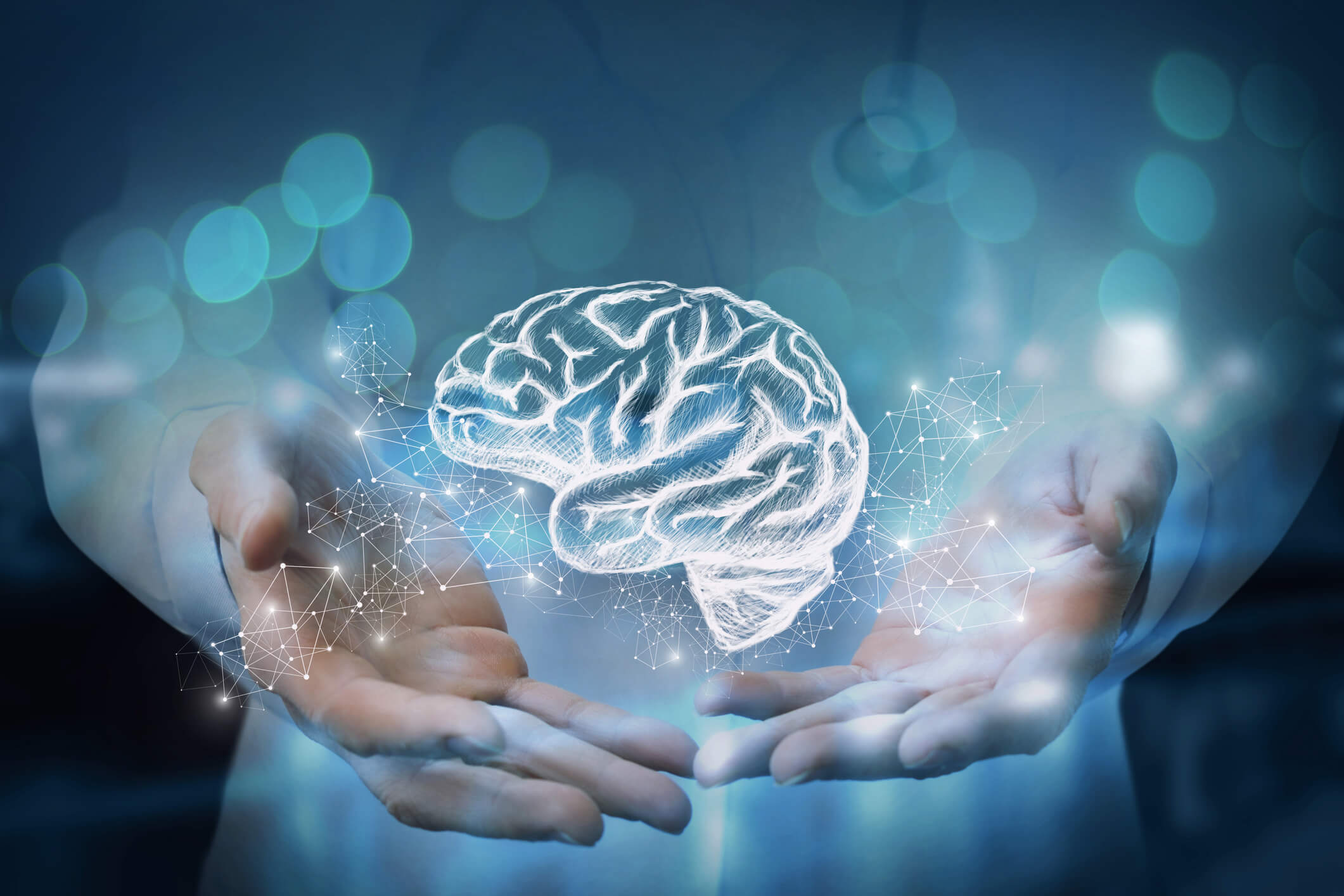
Magnesium and Hormonal Balance: Maximizing Anabolic Potential
Hormones play a crucial role in muscle development. This section explores the impact of magnesium on hormone regulation, emphasizing its role in optimizing anabolic processes for bodybuilders aiming to maximize their muscle-building potential.
Protein Synthesis
Magnesium is involved in protein synthesis, the process by which cells build new proteins. This is essential for muscle repair and growth after intense workouts. Without adequate magnesium levels, protein synthesis may be impaired, hindering muscle recovery and growth.
Muscle Contraction and Relaxation
Magnesium is necessary for proper muscle function, including muscle contraction and relaxation. During resistance training, muscles undergo stress and micro-tears, triggering the need for repair and growth. Magnesium helps regulate the contraction and relaxation of muscle fibers, optimizing their response to training stimuli.
Energy Production
Magnesium is a cofactor in ATP (adenosine triphosphate) production, the primary energy currency of cells. During high-intensity workouts, ATP is rapidly utilized to fuel muscle contractions. Magnesium helps maintain ATP levels, allowing muscles to sustain optimal performance during training sessions.
Hormonal Regulation
Magnesium is involved in the regulation of several hormones relevant to muscle growth, including testosterone and insulin-like growth factor 1 (IGF-1). Testosterone is an anabolic hormone that promotes muscle protein synthesis, while IGF-1 stimulates muscle growth and repair. Magnesium deficiency may negatively affect the production and activity of these hormones, potentially impairing muscle growth.
Reducing Inflammation and Oxidative Stress
Intense exercise can lead to inflammation and oxidative stress, which may interfere with muscle recovery and growth. Magnesium exhibits anti-inflammatory and antioxidant properties, helping to mitigate the harmful effects of exercise-induced inflammation and oxidative stress on muscle tissue.
Bone Health
While not directly related to muscle growth, magnesium also contributes to bone health. Strong bones provide a solid foundation for muscle attachment and support overall strength and performance in bodybuilding.
Ensuring adequate magnesium intake through diet or supplementation is essential for maximizing the anabolic response to training and promoting muscle growth. However, it's important to note that excessive supplementation can lead to adverse effects, and individual magnesium needs may vary based on factors such as age, sex, activity level, and overall health status.
Consulting with a healthcare professional or registered dietitian can help determine the appropriate magnesium intake for specific needs and goals.
Try epsolution™ today!



Leave a comment
This site is protected by hCaptcha and the hCaptcha Privacy Policy and Terms of Service apply.